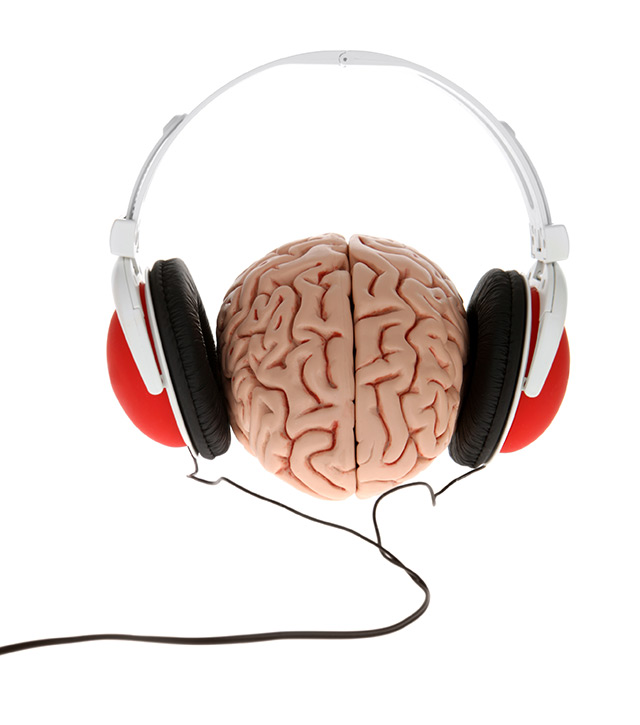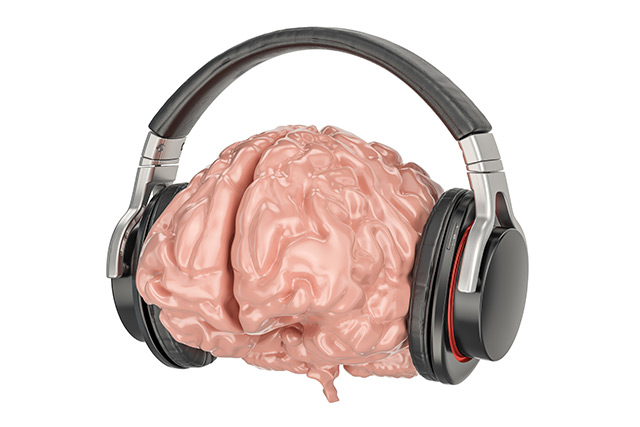
A study that was recently published in Frontiers in Human Neuroscience entitled Neural Basis of Video Gaming: A Systematic Review showed that playing video games can alter behavioral patterns, especially those that deal with attention and spatial orientation.
The team involved in the study analyzed 122 scientific research pieces: 22 of which looked at developments in the brain of long-time gamers and 100 of which that provided concrete conclusions to basic observations regarding changes in brain activity.
The study was conducted to assess whether long-term exposure to video gaming mostly had positive effects to gamers when it comes to cognitive, emotional, motivation, and social aspects or if video gaming brought about mostly negative effects, such as addiction, obesity, exposure to graphic violence, and cardio-metabolic deficiencies, lower verbal intelligence quotient (IQ), among others.
“Games have sometimes been praised or demonized, often without real data backing up those claims. Moreover, gaming is a popular activity, so everyone seems to have strong opinions on the topic,” said lead researcher Marc Palaus of the Universitat Oberta de Catalunya in Spain.
The average age of gamers all over the world is 35, estimates showed in 2016. This is because aside from the stereotypical “teenager who doesn't leave his mom's basement and plays video games on desktops or consoles all day”, there has now emerged a new breed of gamers who don't play games that often, but whose brains are also affected by how they choose to pass the time. They are called casual gamers: people who pass the traffic by playing games on their smartphones or tablets.
According to the study, people who constantly play video games found out that their levels of sustained attention increased. Selective attention — or the ability to focus on a certain aspect that one deems important, thereby increasing levels of concentration on that area — also gained a boost.
When faced with a demanding task, people who have been immersed in playing video games find it easy — both in real life and during online simulations — to solve analytical problems. Due to their exposure to simulated action and the need to make on-the-spot choices, their decision-making skills have been honed, training them to quickly think on their feet.
Gamers were also found to have increased the size of their brain regions that are concerned with visuospatial skills, or the visual perception of spatial relationships of objects, and sensory-motor intelligence. Planning and other forms of proactive cognitive control skills were enhanced.
The bad side of gaming, the study countered, is that it was proven to stimulate addiction, which can lead to problems that range from the physical — obesity, poor vision, lack of sleep — to the mental and emotional, with Palaus noting, “The possibility of video games has both positive (attention, visual, and motor skills) and negative aspects (risk of addiction), and it is very important [that] we embrace this complexity.”
Palaus was quick to say, however, that parents shouldn't panic just yet. “We focused on how the brain reacts to video game exposure, but these effects do not always translate to real-life changes.”
Difference in opinion
Psychologists, however, beg to differ with Palaus' conclusions. According to Psychology Today, excessive video gaming is harmful to children, and can even cause them to experience symptoms that could ultimately result in a mental breakdown. It doesn't help matters, the site says, that most parents would say, “It's only a video game and after all it keeps the child occupied. What's the harm?” (Related: Video games help kids deal with stressful situations)
Psychology Today further stated that since children still have no cognition of whether a scenario is real or make-believe, a stimulating experience can make their mind “go to a state of hyperarousal – the fight-or-flight response. These feelings can be hard to shake off even after the provoking incident is over and the threat — real or perceived — is gone.”
See more stories like this at Brain.news.
Sources include:
Please contact us for more information.



















